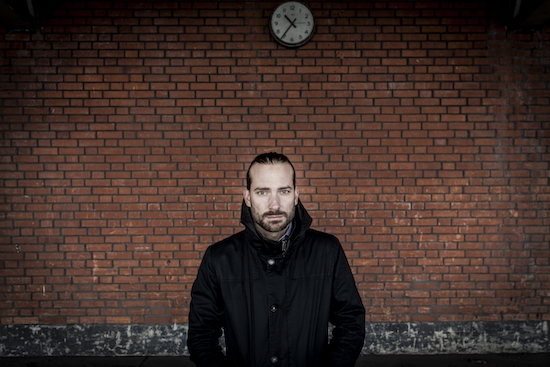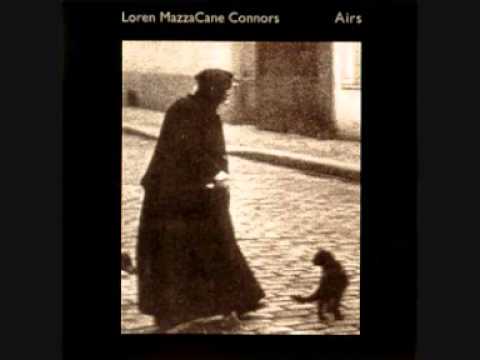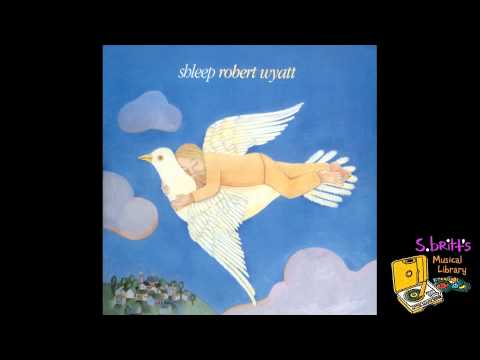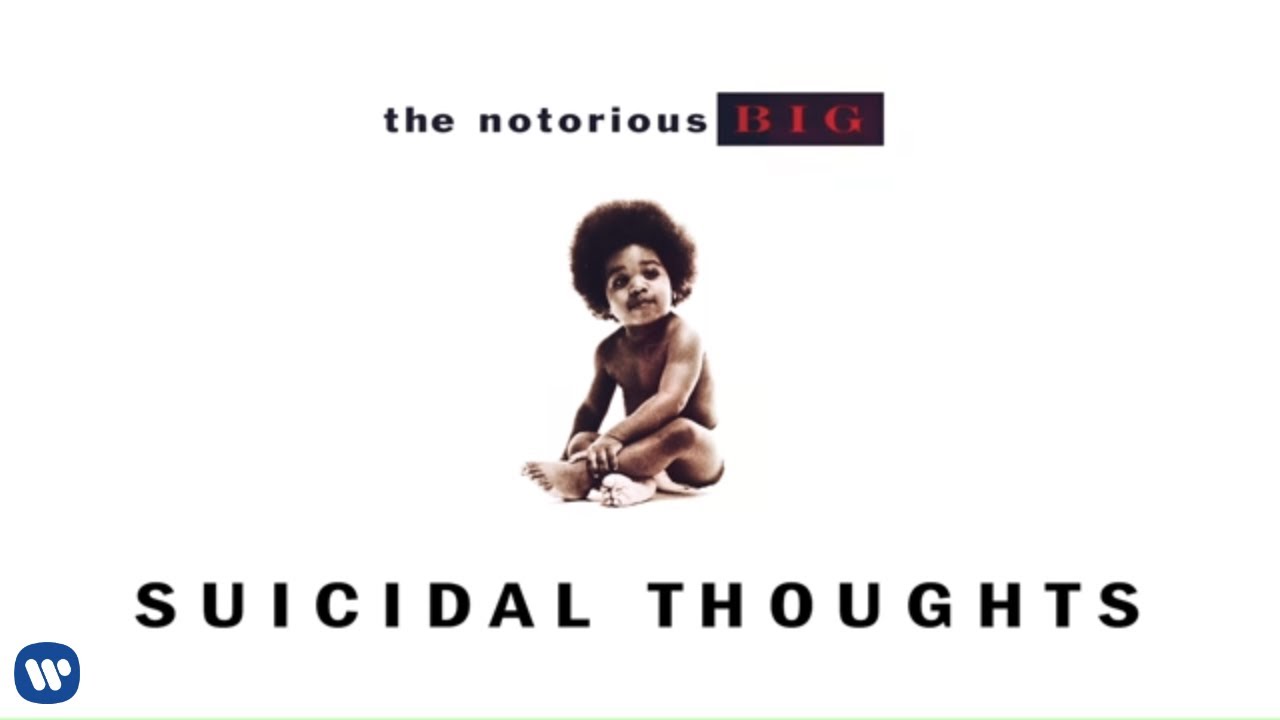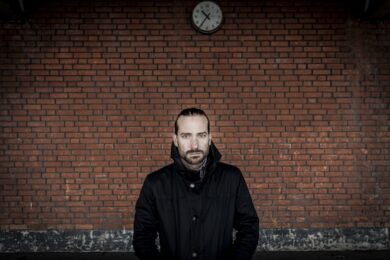Contradiction alone is the proof that we are not everything. Contradiction is our wretchedness, and the sense of our wretchedness is the sense of reality. For we do not invent our wretchedness. It is true. That is why we have to value it. All the rest is imaginary.
—Simone Weil, GRAVITY AND GRACE (1947)
I knew early on in my work on Wretchedness that the novel would begin with a quote from Gravity and Grace by Simone Weil. Her words seemed to give another dimension to what I wanted the book to be about. On the one hand: poverty, violence, addiction. The fallacy of social mobility, and the weight of life in the shadow of the class system. On the other hand: the release from that weight. The relief of forgetting oneself.
I wanted the text to be a kind of contradictory double-exposure, its power lying in the tension between gravity and something Weil describes as falling upwards.
At the same time, I had just, via the soundtrack to the film Shutter Island, discovered the Italian composer Giacinto Scelsi, whose singular pieces and life had somehow escaped me, even though I’d long been interested in microtonality and minimalism. And it was when I heard Scelsi’s fourth string quartet that it occurred to me that this story had to be anchored in music. Not just as a background or a soundtrack to lift the mood, but as a central part of its narrative and composition.
That way, I thought, the novel could demonstrate the power of art to lead life out of a hard, heavy place towards something else: something which in the best case can’t be put into words.
Giacinto Scelsi
String quartet no 4.
In Scelsi’s piece from 1964 we hear a string quartet describe a slow, creeping, microtonal movement from one note (C) to another (A). In some ways it’s fairly classic 60s minimalism, but it can also be seen as ritual music, rooted in ancient musical traditions. Heavy and full of friction but still incredibly driven and charged with striving movements that seem to denote ascension and that sense of forgetting oneself. It’s easy to see why this music has been ascribed metaphysical resonances by many, not least Scelsi himself.
Loren Mezzacane Connors
Airs 3
In one of the book’s opening scenes, three musicians are talking about Loren Mazzacane Connor’s Airs from 1999. I know of few albums that move with such ethereal levity while conveying such an intense feeling of sorrow and loss, with the possible exception of Connor’s own Portrait of a Soul or recordings of Tallis’s Spem in Alium. Just over forty minutes of electric guitar improvisation on a few simple themes, with a lot of reverb and tape noise. It fascinates me that from these apparently tentative, unassuming sketches, you can extract so much, both emotionally, and in terms of musical traces and roots – I feel like I can hear everything from medieval chimes and Turlough O’Carolan’s Celtic harp music to Erik Satie, Elisabeth Cotten, and John McLaughlin’s guitar on Miles Davis’s In a Silent Way.
Pauline Oliveros
The Beauty of Sorrow
The ability to concentrate and focus – and its opposite: the inability, and what that can lead to – are fundamental aspects of the book’s subject matter. A musician and composer who has worked extensively with these issues is Pauline Oliveros. She was a central figure in the post-war US experimental music scene and developed concepts such as ‘Deep Listening’ and ‘Sonic Awareness’. In The Beauty of Sorrow, originally released as a cassette in the late 80s, her music is at its most gentle and accessible. It’s a shimmeringly beautiful piece, played “on a small accordion tuned in just intonation”, with simple delay effects. There’s something hallucinatory about it, as though the little instrument housed an enormous church organ.
Robert Wyatt
Free Will and Testament
An early version of this song features on the 1994 album A Remark Hugh Made by Hugh Hopper and Kramer, but it’s not until this laidback version from Wyatt’s (so-called come-back album from 1997) Shleep, with its soft backing vocals and Paul Weller’s swooping slide-guitar, that everything really falls into place.
A wonderful song which, with Wyatt’s characteristically warm acuity, so unaffectedly clear-eyed, tells us that freedom is incomplete unless it also implies freedom from the self:
“If I was free, I could have chosen not to be me.”
Wyatt, who in his twenties fell from the fourth floor while drunk and was paralysed for life, is probably someone who knows a thing or two about weightlessness and gravity. And perhaps also about the madness of addiction, where ‘demented forces’ push you ‘madly round a treadmill’.
The Notorious B.I.G.
Suicidal Thoughts
For a long time I intended the Weil quote above to be combined with a line by Kendrick Lamar: “Loving you is complicated” (from ‘U’ on To Pimp a Butterfly). For various reasons I took it out at the final editing phase (I also got rid of the phrase Aixo era y no era: Iberian storytellers would begin their tales with the words, “It was and it was not’”), mainly because it might’ve been a little bit too much to decipher on the very first page.
But the subject Lamar touches on is picked up by a couple of characters at the end of the book, in a scene where they’re discussing the relationship between life on the street and artistic representations of that life.
A lot has changed in the last few decades, but hip hop used to be generally associated with social Darwinism and brag verses. And anyone who knows anything about the lifestyle some rappers portray knows that the other side of the coin is lonely and dark, full of depression and self-loathing.
There are other, darker tracks – Stormzy’s ‘Lay Me Bare’ is a personal favourite – but Biggie was ahead of the curve, and inimitably comic, when he ended his 1994 album Ready to Die with this depiction of suicide’s temptations.
Dj Screw / Dr. Dre
Still Dre
Physics teaches us that gravity makes time slow down, so you could say DJ Screw is the Einstein of hip hop. His iconoclastic, slow, chopped-up mixes show us that time is relative and everything is elastic. The perfect accompaniment to the raw, masculine comradeship that parts of the book depict.
Dj Rashad
Pass That Shit
In sharp contrast to DJ Screw, DJ Rashad’s brilliant Double Cup captures, with its sharp tempo changes and hypnotic sound, a youthful nihilistic energy and joy. Pass That Shit begins in an aggressive, self-destructive mode, but after thirty seconds it relaxes into a laid-back swing, grinning from ear to ear.
Mogwai
Cody
One of the few Mogwai tracks that features singing, and one of the high-points in their extensive back catalogue. Relaxed, gentle and cautious, even resigned. I think I listened to this song for fifteen years without knowing that Come On Die Young was the name of a gang in Glasgow. It’s an apt name for a tragedy beyond words, especially when you see it in a wider context. “I’ll prolly die ’cause that’s what you do when you’re 17”, as Kendrick Lamar puts it in the track ‘FEAR’. Time after time, in country after country, in city after city, children and young people die in the grips of that feeling, of that experience. I don’t know if Mogwai were even commenting on that, but I’m sure there’s some challenge to the listener in lines like these: “And the way that it is, I could leave it all / And I ask myself, would you care at all?”
Christoph Maria Moosmann / Arvo Pärt
Annum per annum
One level of the narrative of Wretchedness centres on an organ concert at the cathedral in Copenhagen. This never actually happened, but the fictional event is based on a recording by Christoph Maria Moosmann, a German organist who in 1995 released a CD with Arvo Pärt’s works for organ, along with a piece each by Giacinto Scelsi and John Cage. They are dynamic, multi-faceted pieces that sit firmly in a sacred tradition, while sounding astonishingly contemporary (certain passages differ little from what you might hear in a Niels Frahm or Ólafur Arnalds track). It’s a combination that suited my book perfectly, and which creates plenty of space for the inner journey the novel represents:
“He began to play Pärt’s Annum per Annum and everything seemed to close in, filling with weight and levity, the room expanded and contracted as though it were breathing, and I breathed with it, and a few seconds into the first chord’s powerful vibrations I breathed out, before holding my breath for the rest of the minute the chord sounded. Then it ebbed away, and I drew breath, deeply and noisily, much too noisily in the quiet church, as though I’d been underwater and was now struggling up to the surface, up to the oxygen, just as the pause, the silence, was at its most intense, and when those first weak, light, playfully searching notes began to sound I couldn’t help once again thinking about Soot and about that last night, about what I’d done, what I was, about Kiko and Rawna, about that bus, on that roundabout, that circular motion and the centrifugal force that pushed me out towards everything with such satanic power.”
Wretchedness by Andrzej Tichý is published by And Other Stories

